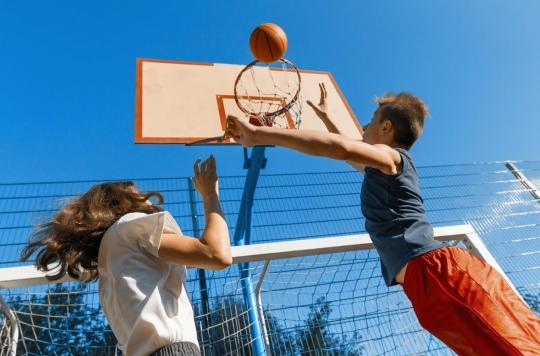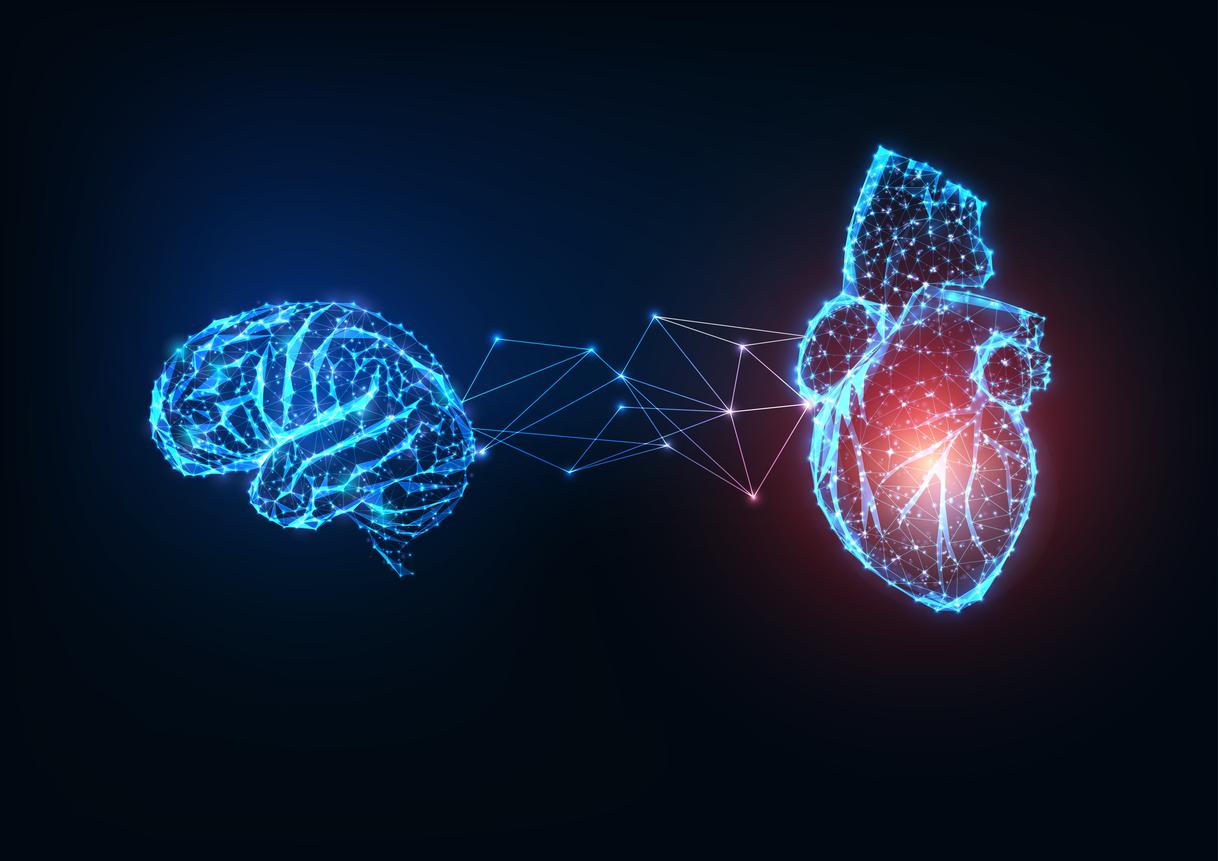The equivalent of one basketball game a week in terms of physical activity would be enough to boost brain connections involved in learning and memory.

Play sports improves cognitive functions and delays brain declinehelp to combat the harmful effects of a job with staggered hours and to fight against depression. Everyone knows that physical exercise is good for physical and mental health. And this week, a new study highlights its benefits.
According to work recently published in the journal eLifethe equivalent of a basketball game a week would be enough to boost the functions of a gene that strengthens the connections between neurons and the hippocampus, the region of the brain associated with learning and memory.
“As neuroscientists, it’s not that we don’t care about the heart and the muscles, but we wanted to know the benefits of exercise specifically on the brain,” says Gary Westbrook, scientist at the OHSU Volume Institute and professor of neurology. at the OSHU School of Medicine in Portland, Oregon (USA) which conducted the study.
An increase in synapses in the hippocampus
For their experiment, he and his colleagues ran sedentary mice on wheels. The rodents traveled a few kilometers in two hours. During sports activity, one gene in particular stood out, Mtss1L, which causes the cell membrane to flex and promotes the growth of small growths on neurons called dendritic spines, where synapses are formed.
So, there is no need to exercise all the time. Short-term exercise, the equivalent of a basketball game per week, would cause an increase in synapses in the hippocampus. This is enough to start learning the brain. “Exercise is not expensive, you don’t necessarily need a fancy gym or running 16 km a day,” says Gary Westbrook. He and his colleagues now plan to combine acute exercises with learning tasks to better understand the impact of sport on memory.
After three months of intensive sport, a more efficient brain
This is not the first study to link physical activity and memory. In 2013, scientists from Maryland (USA) discovered that 12 weeks of treadmill changed the way participants’ brains worked. Indeed, the areas involved in semantic memory (our knowledge of the world and our general culture) were less active during the tests. After three months of intensive sport, the brain needed fewer resources to access memories, so it had become more efficient.
A few years later, these researchers wanted to see the effects of short-term physical exercise on memory. Surprisingly, they discovered this time that a first session of cycling in the participants of their study caused a peak in brain activity. Results that announce the remodeling of the tissue which, with continued exercise, will subsequently strengthen the memory center, they explained.
.

















